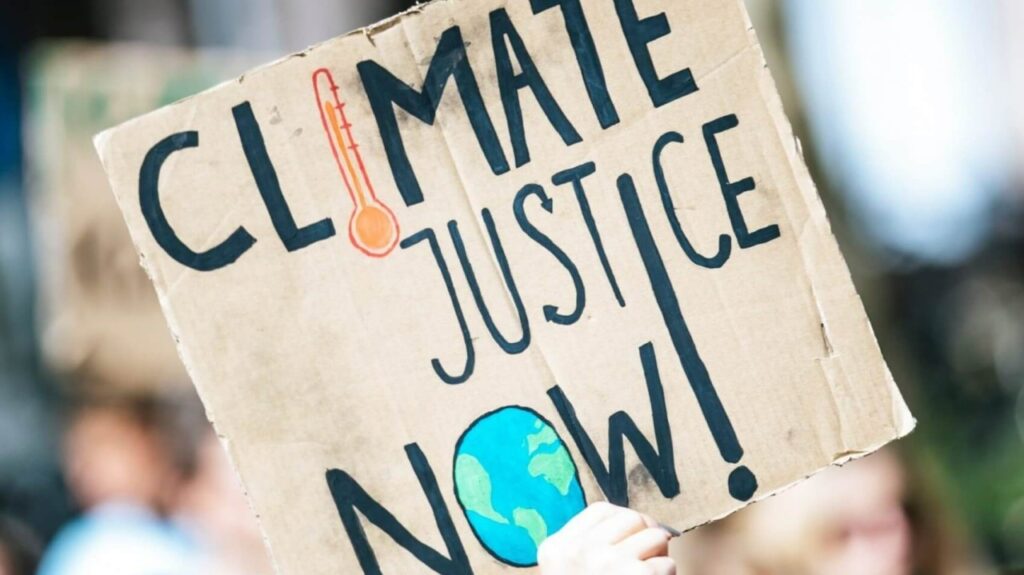Landmark Climate Change Legal Hearing Concludes in The Hague
A historic legal hearing on climate change, examining the legal obligations of nation-states, concluded last Friday at the United Nations’ top court in The Hague. The outcome of this case could reshape the global approach to tackling climate change and hold major polluters accountable for their greenhouse gas emissions.
Over two weeks, the International Court of Justice (ICJ) heard evidence from 99 countries and numerous organizations. The 15 judges are tasked with determining whether nations have legal responsibilities to address climate change and repair its damage. Their advisory opinion is expected to be released next year.
The hearings featured emotional testimonies, particularly from small island nations, who warned that their very survival is at risk due to rising sea levels.
Youth climate groups, like Pacific Islands Students Fighting Climate Change, strongly advocated for reparations and cessation of harmful emissions. “We are inheriting a planet in decline,” said campaign director Vishal Prasad, emphasizing the urgency of global action.
However, large polluting nations, including China, India, the UK, and the US, disputed the claim. They argued that only existing treaties like the Paris Agreement impose legal obligations on states regarding climate action.
The US State Department’s legal advisor, Margaret L. Taylor, contended that reparations should not be mandated by the court, as individual states have not breached any climate obligations.
The ICJ’s advisory opinion, though non-binding, holds significant legal weight and could influence future climate agreements. Island states, who have long lobbied for such a ruling, are hopeful.
Kenyan lawyer Brenda Reson Sapuro, representing the group World’s Youth for Climate Justice, expressed optimism, saying, “We have told our stories from our hearts, and we believe the law is on our side.”
Legal experts speculate that the court’s opinion could affirm existing agreements like the Paris Accord or assert that states have an obligation to combat climate change. A more ambitious outcome could see the ICJ declare climate change a breach of international law, potentially obligating states to provide financial reparations and cease harmful activities.



